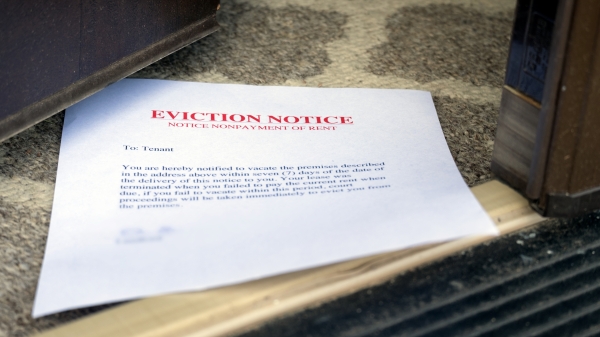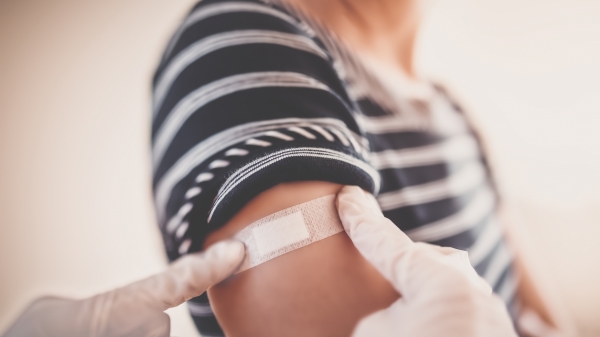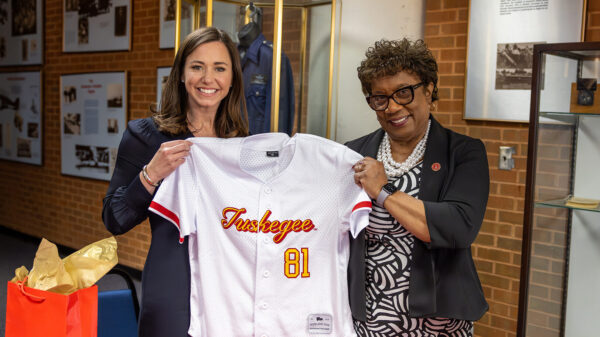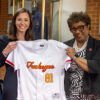Several Alabama hospitals say they are struggling with testing supply shortages amid growing demand for testing in the state and a rising number of cases in 14 Alabama counties.
East Alabama Medical Center in Opelika, near Auburn, and DCH Health System in Tuscaloosa both said Wednesday evening that they’re working hard to deal with hundreds of phone calls and an escalating number of people showing up at their testing sites with symptoms seeking a test.
EAMC said it has sent 240 samples to labs to be tested this week, but supplies needed to collect and transport those samples are limited. Meanwhile, the hospital’s hotline is receiving hundreds of calls a day, the hospital said.
“Please know that we cannot ‘test’ every person who comes to the ED with these symptoms due to the limited number of supplies available for use for specimen collection,” the hospital said in a statement.
Though the testing shortage does not appear to be related to public and commercial labs’ ability to run the samples, it is taking up to five days for test results to come back from the state’s lab in some cases. And in some private labs, it is taking up to 72 hours if not longer.
The shortage is an issue nationwide, not just in Alabama. Medical officials at several state health departments, hospitals and labs have said they need more testing swabs, reagents, pipettes and other materials needed to conduct the tests, CNN reported.
Alabama’s state health officer, Dr. Scott Harris, speaking on a town hall phone call with the Alabama AARP and the public Thursday, was asked if the state had enough testing supplies to meet demands.
“There have been some spot shortages of things like the swabs used to swipe your nose for the tests and things like that. We feel better now that we have a better supply of that, but that still is kind of an issue,” Harris said.
Harris said the department is watching supplies very carefully and talking with legislators in Montgomery and in Washington D.C. He said they’re working hard to make sure Alabama has what it needs, but it remains a concern.
“There is not a shortage of that right now but we’re extremely concerned about that,” Harris said. “As you can imagine, every state in the country is trying to get the same swabs and the same materials and the same test kits, and everyone’s trying to have enough to test their own citizens.”
In Tuscaloosa, where DCH Health has collected more than 500 samples at an outdoor testing center on its hospital campus, a shortage of the kits used to transport nasal swabs for testing led medical practitioners to use an alternative method of using sputum.
“The nation has a shortage of the viral transport media required to use nasal swabs, there isn’t nearly enough to meet the needs of our community,” the hospital said.
DCH has been able to continue testing, but some people who were not able to produce enough sputum—a mixture of saliva and mucus coughed up from the respiratory tract—were not able to get a test.
“We have figured out solutions so we could keep screening and collecting specimens for testing,” the hospital said, though it decided to limit its testing center to weekdays. It also says it can’t test on rainy days because personal protective equipment isn’t as effective when it’s wet. “These changes reflect an effort to pace our resource consumption at a rate we hope to manage for the duration of the need.”
Mobile County in South Alabama issued a public notice this week, saying that testing in the county will likely remain limited for the time being because of supply shortages. “Very limited testing is available because of a lack of federal supplies,” the Mobile County Health Department said.
Public health officials, hospitals and medical providers continue to urge people not to seek a test unless you are symptomatic. Hospitals like EAMC are also increasingly asking people with symptoms to stay at home altogether unless the symptoms are severe enough to need hospital care.
“People having MILD symptoms should treat COVID-19 in a similar way they would the seasonal flu, except not to use ibuprofen,” EAMC said in a statement. “Speak with a pharmacist about which over-the-counter medicines are best for you. Also, isolate yourself from family and friends.”
In Birmingham, UAB is asking people who are displaying COVID-19 symptoms—including fever, cough and shortage of breath—to use the hospital’s eMedicine portal to seek care.
If you are not a UAB patient and don’t have a primary care provider, utilize https://t.co/JcTfVMHbM4 if you are symptomatic and think you have been exposed to someone with COVID-19. @uabmedicine
— UAB (@UABNews) March 18, 2020
Everyone should continue practicing social distancing measures at this time, including avoiding crowded gatherings, staying 6-feet apart, practicing good hand hygiene and staying at home when at all possible. More and more counties across the state are closing bars and restaurants and limiting them to take-out or delivery only.
On Thursday, two cases of COVID-19 were reported in two Jefferson County nursing homes, and Gulf Shores closed its public beaches to try to contain the spread.




















































